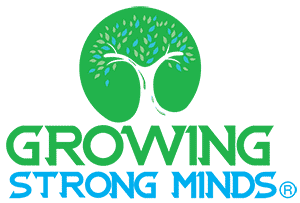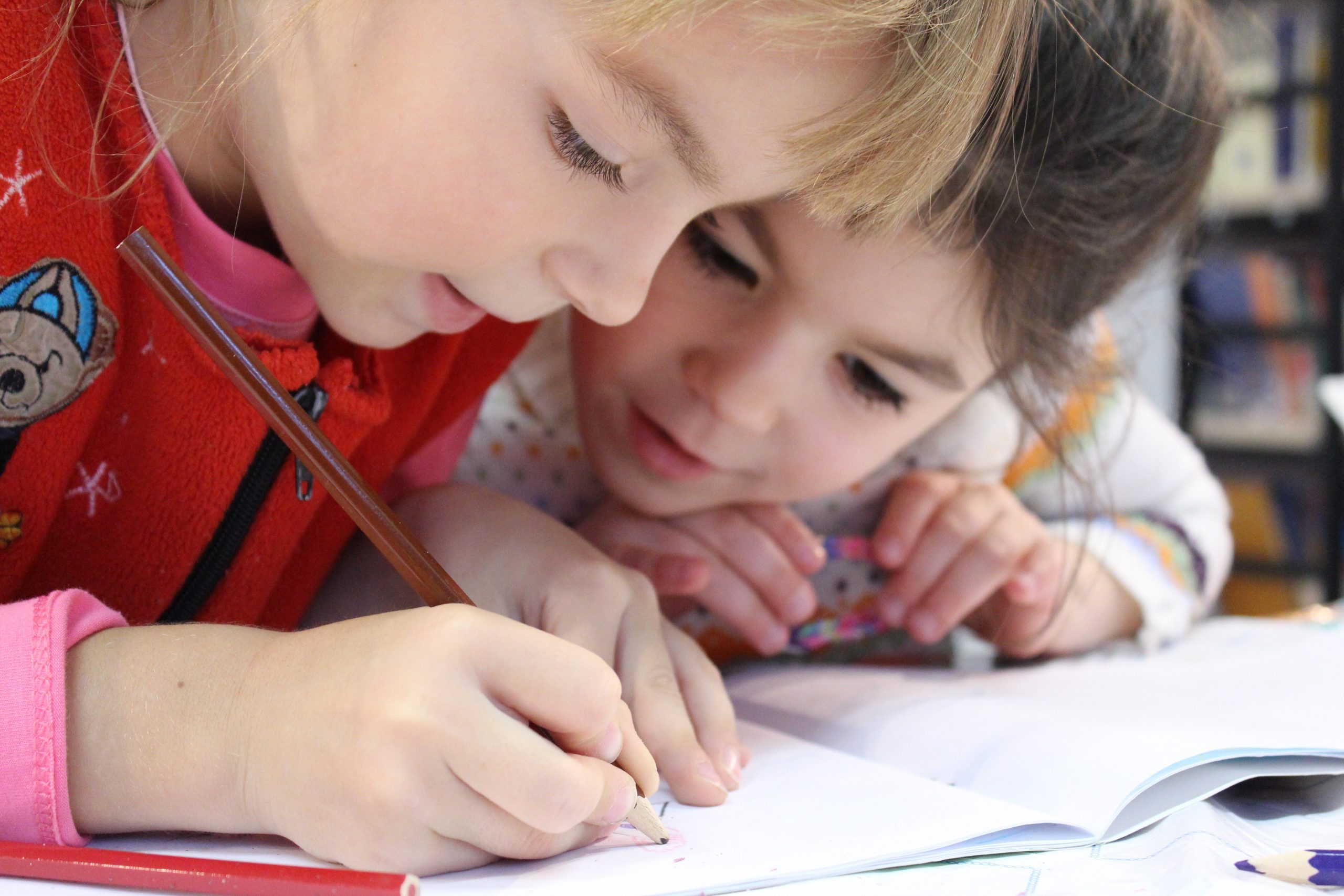
Strong Minds
Fostering wellbeing and resilience in primary schools

STRONG MINDS
Strong Minds aims to enhance a school’s wellbeing culture and climate by promoting inclusion. The Strong Minds wellbeing package increases students’ sense of belonging (which can contribute to psychological wellbeing and academic outcomes) and enhances positive relationships (which impacts student engagement). Strong Minds promotes collaboration with families. and starts with ONE YEAR of staff wellbeing. The program helps students, teachers and parents to identify and grow their own strengths, and to recognise and appreciate strengths in others. This creates a positive environment, reducing stress and building resilience.
Our latest Mental Health Survey results found that Strong Minds:




WHAT OTHERS SAY…
POSITIVE EDUCATION
Strong Minds is a great introduction to Positive Education, it is a wellbeing APPROACH. All schools should have a wellbeing approach (as well as wellbeing programs). Programs teach valuable social emotional skills. An approach is a cultural shift, where wellbeing underpins all aspects of the school.
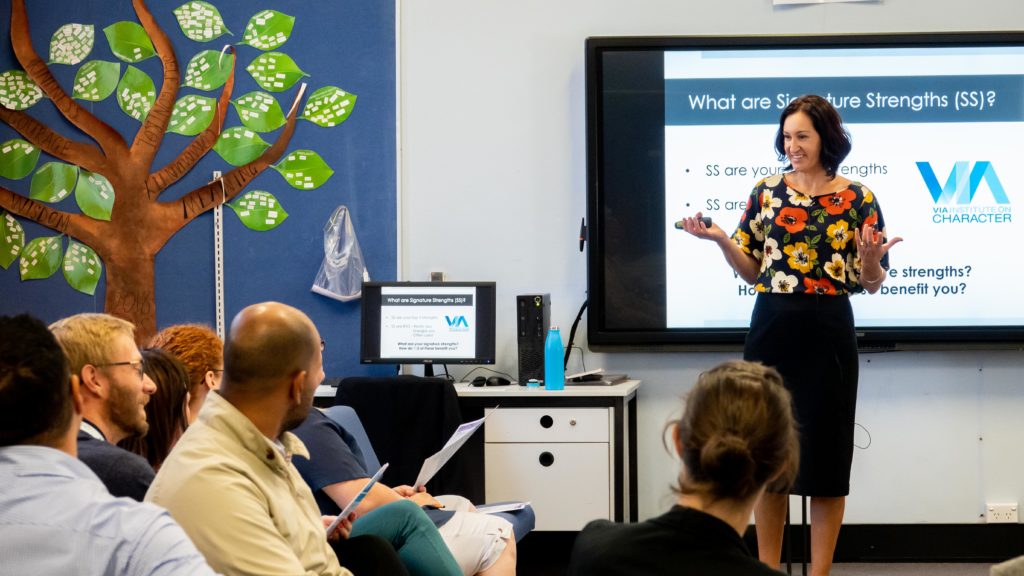
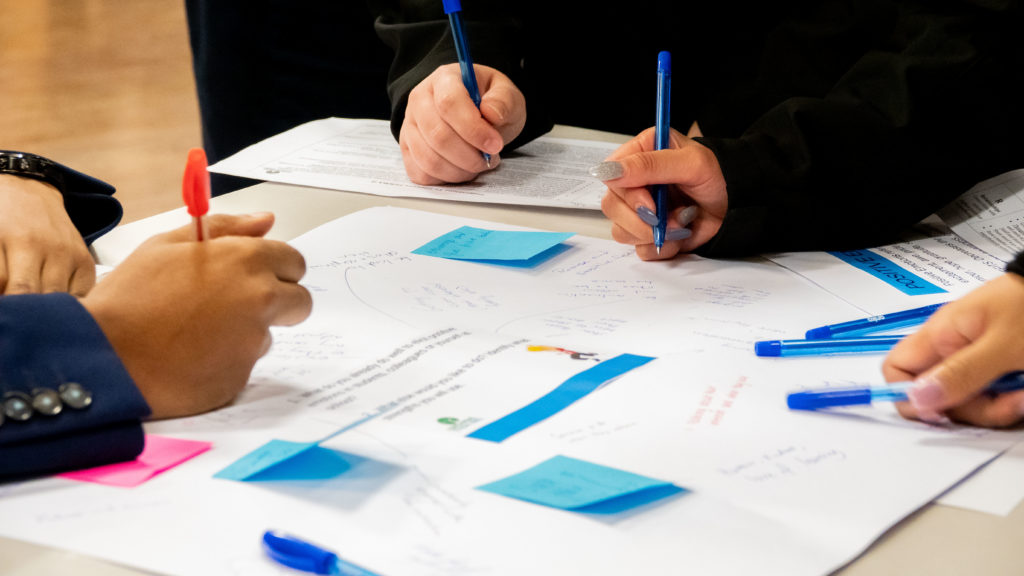
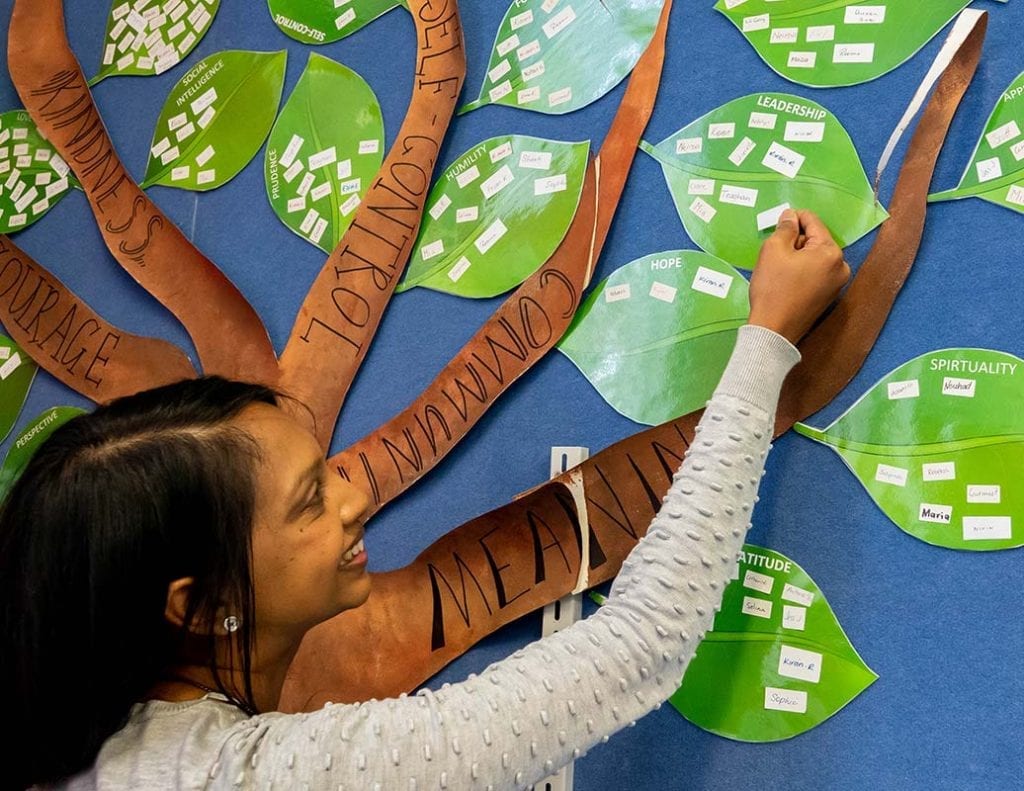
Strong Minds includes
- 2 hour professional development for all staff conducted by the school
- One year staff wellbeing plan
- Extensive resources for parents, including 2 x Strength Based Parenting Videos
- A comprehensive digital manual encompassing background information regarding the theoretical basis for the package, activities to embed wellbeing across the whole school community, 56 lessons across K-6 with specified Australian & NSW PDHPE curriculum outcomes, and two scope and sequences for flexibility of delivery.
- Extensive Resources: 4 sets of character strength posters, cards and charts tailored to each stage of learning
- Extensive resources for embedding strengths
- School support for Strong Minds during implementation
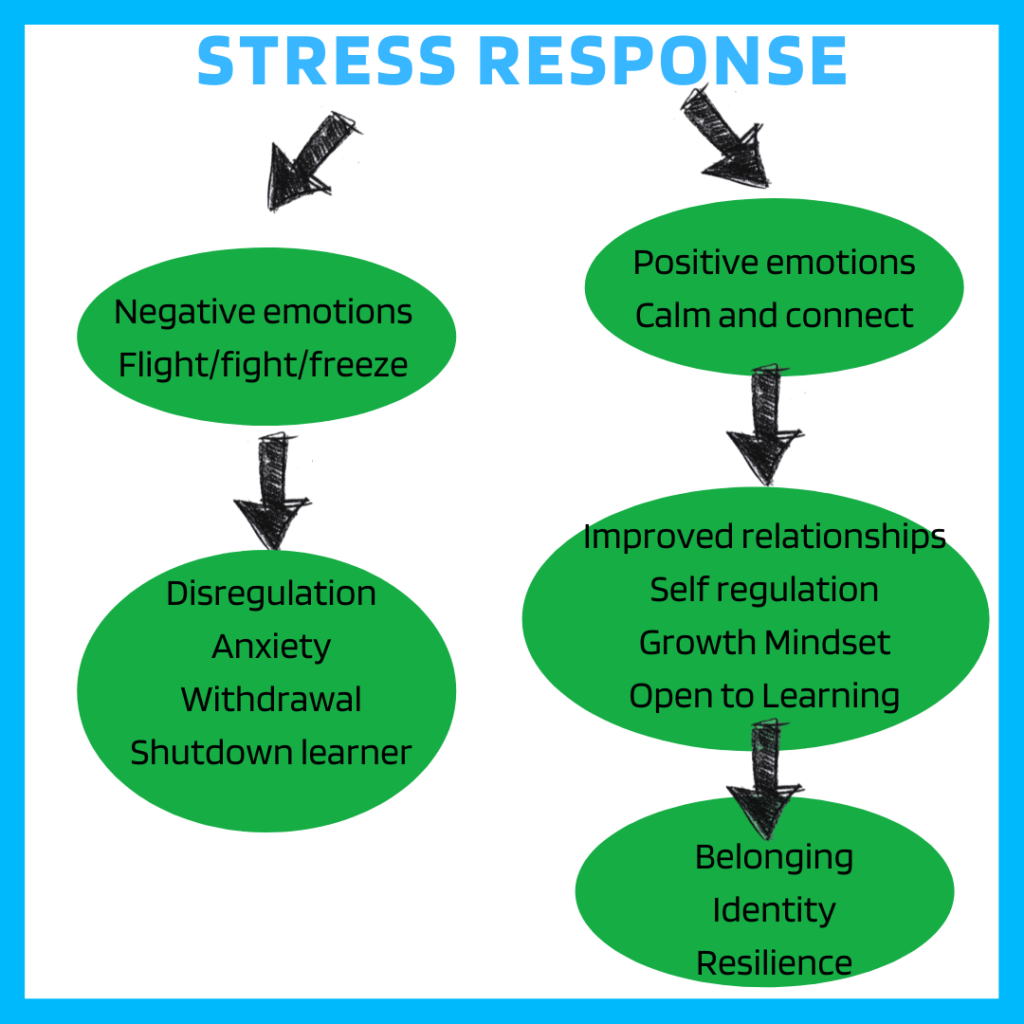
StAFF WELLBEING
In order to have a sustained wellbeing approach staff buy-in is crucial. This is achieved by commencing with staff wellbeing for ONE YEAR. Once staff have experienced the benefits to their wellbeing they will be intrinsically motivated to adopt a strength based approach with students.
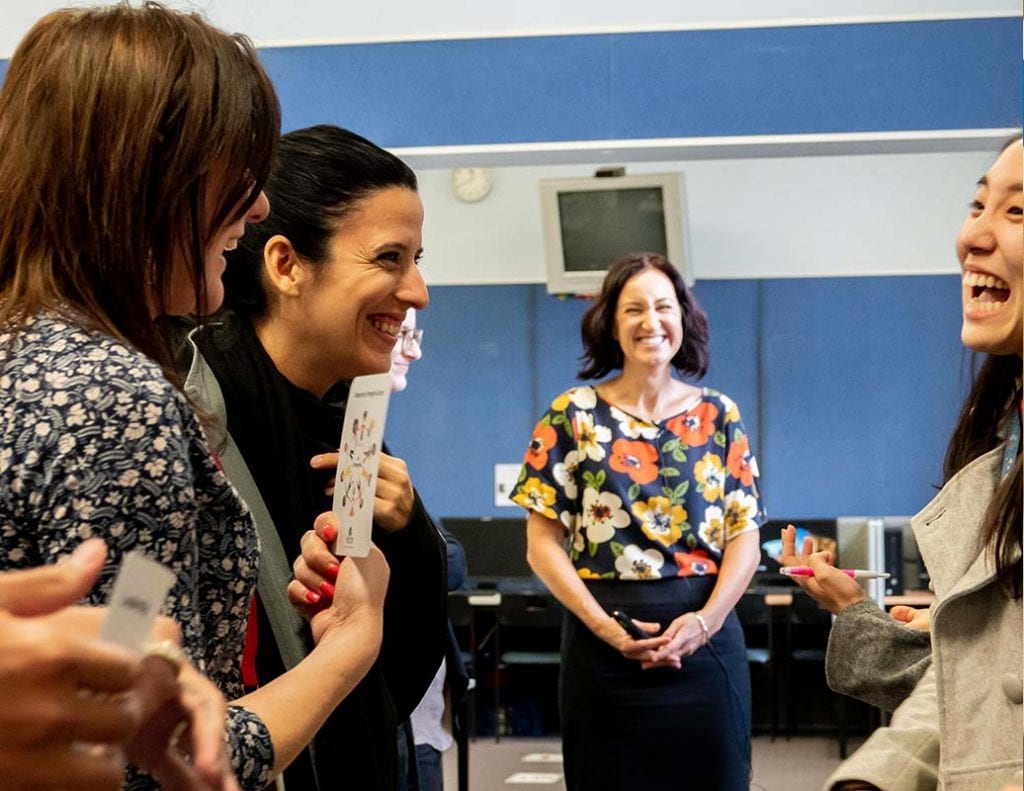
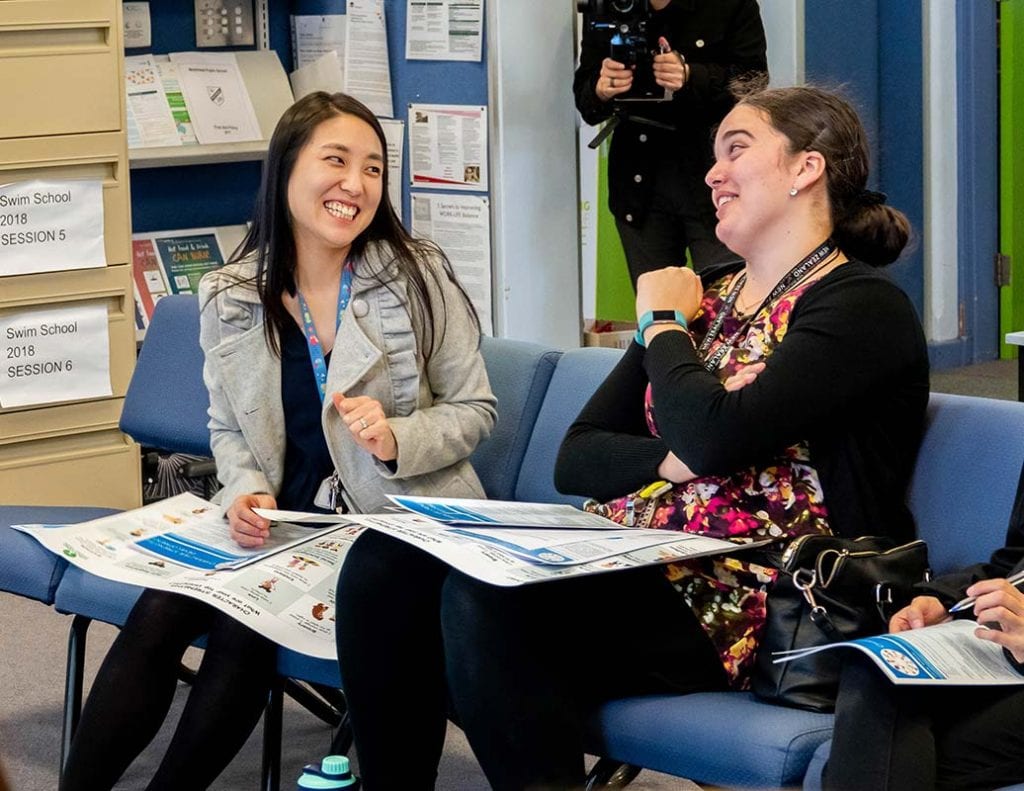
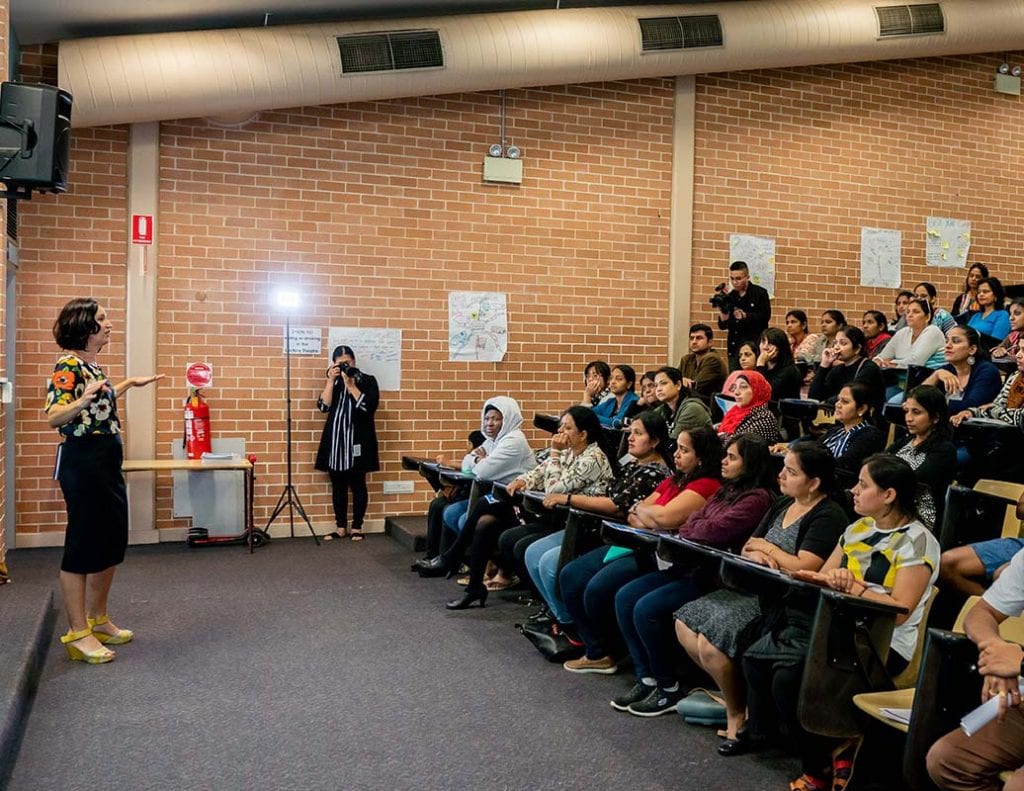
THEORY
Strong Minds is based on the theoretical principals that underpin positive psychology and cognitive behavioural therapy. It uses the VIA classification of character strengths developed by Peterson and Seligman and is based on on an applied model for positive education developed by Geelong Grammar School. This model outlines the need to ‘learn it, live it, teach it and embed it’, which means staff experience character strengths for themselves, aiming to enhance staff wellbeing, then teach it to students and finally ingrain it within the school culture. Lessons are taught in circles based on pedagogy by Professor Sue Roffey. Other influential theories incorporated into Strong Minds are Broaden and Build theory and PERMA-H.
STRONG MIND RESOURCES
Strong Minds includes the following resources:
- A comprehensive digital manual
- 4 x 24 character strength instructional poster sets
- 4 x sets of 30 character strength stage specific charts
- All staff receive an A2 Character Strength Poster
- A Staff Character Strength Tree
- 4 x 24 strength cards
LESSONS
The lessons consist of the following character strengths:
- Early Stage One: Creativity, Bravery, Love, Fairness, Self-Regulation and Gratitude
- Stage One: Curiosity, Energy, Kindness, Fairness, Forgiveness and Humour.
- Stage Two: Love of Learning, Perseverance, Social Intelligence, Teamwork, Humility, Appreciation of Beauty and Excellence, and Spirituality.
- Stage Three: Open-Mindedness, Wisdom, Authenticity, Kindness, Leadership, Prudence and Hope.
The Strong Minds lessons are implemented with the students and teacher sitting in a circle, and include a combination of pair-share, whole class, and individual exercises. Lessons are flexible in their implementation. They can be delivered as an eight week program once a week, or across the school year focusing on specific virtues – two scope and sequences are provided.
STAFF PROFESSIONAL DEVELOPMENT
The package includes:
- 30 min zoom training for Strong Minds Ambassadors, (2 staff volunteer to be the Strong Minds Ambassadors and drive the Strong Minds approach within the school). Ambassadors get ongoing support throughout implementation.
- Strong Minds Character Strength Workshop – 2 hour staff professional development. This is conducted by the schools’ Strong Minds Ambassadors. It is provided in an easy to administer format of a video and 6 activities. Staff will learn how to identify, develop and spot character strengths in themselves, colleagues and students. Ideally this should be offered to all staff (i.e., teachers, non-teaching staff, cleaners etc) to ensure the culture of wellbeing permeates the whole school community. The training is compulsory for all classroom teachers, as they will be facilitating the character strength lessons, and need to have experienced implementing these strengths themselves before teaching them.
- One year staff wellbeing focus
INFORMATION FOR PARENTS/CARERS
Extensive resources are provided to schools to share with families. This includes numerous videos including Strength Based Parenting videos. This teaches parents and carers about a Strength-Based Approach, including how they can utilise the strength language in the home. Research indicates that Strength Based Parenting reduces stress levels in children and increases their ability to cope 11.Strong Minds schools may like to run a Strength Based Parenting afternoon or evening using the video resources. Specific resources on gratitude, kindness, Growth Mindset and mindfulness are also provided.
STRONG MINDS BENEFITS
- Supports the PDHPE syllabus – a Strength Based Approach is 1 of the 5 Propositions
- Supports the Wellbeing Framework – allows all staff and students to connect, succeed and thrive
- Supports The Australian Student Wellbeing Framework – enhancing school culture, increasing inclusion and belonging, collaborating with families and celebrating individual diversity
- Complements wellbeing programs
- Fully resourced and scripted lessons K-6 for time poor teachers
- Easily embedded – provides a positive shared language and extensive resources for staff and parents. The Strong Minds workshop video can form part of a schools induction so as new staff can be trained in the schools strength based approach
- Support for parents to build resilience
- One year Staff Wellbeing Plan & extensive support – enhances staff wellbeing and collegial relationships
- Evidence based – positive psychology, counteracts our Negativity Bias. Focuses on the best in staff and students – their character strengths
- Enhance the culture in your school, increases inclusivity
- A whole school approach
- Included on Be You
- Available throughout Australia
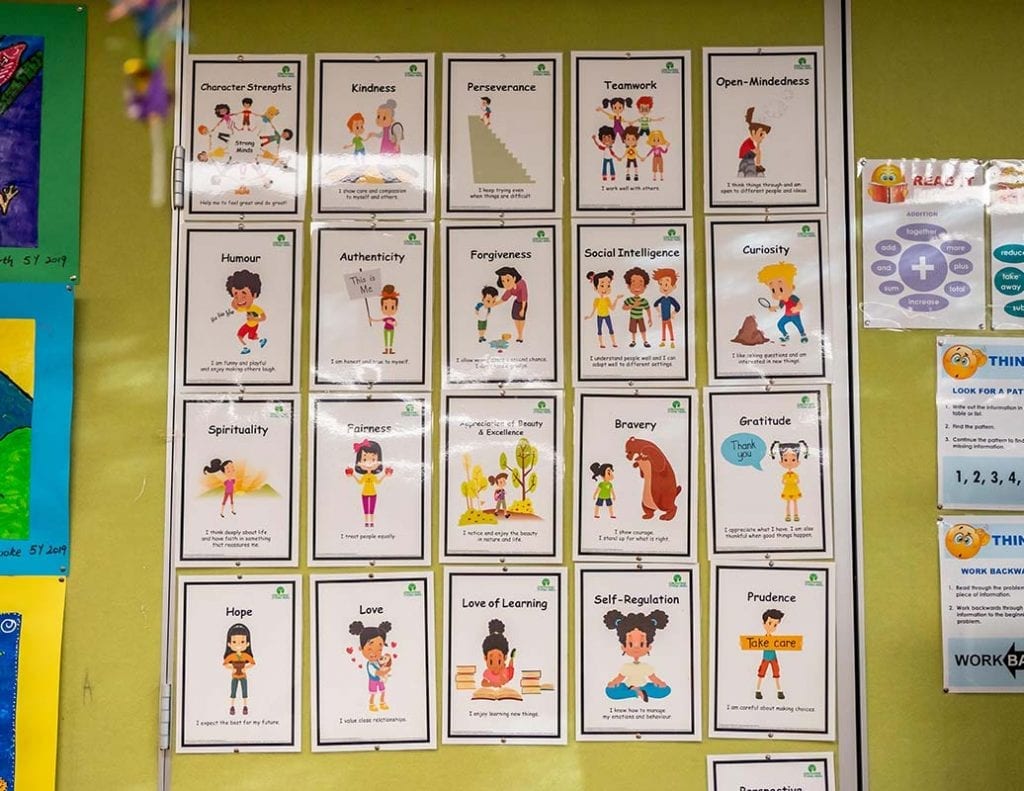
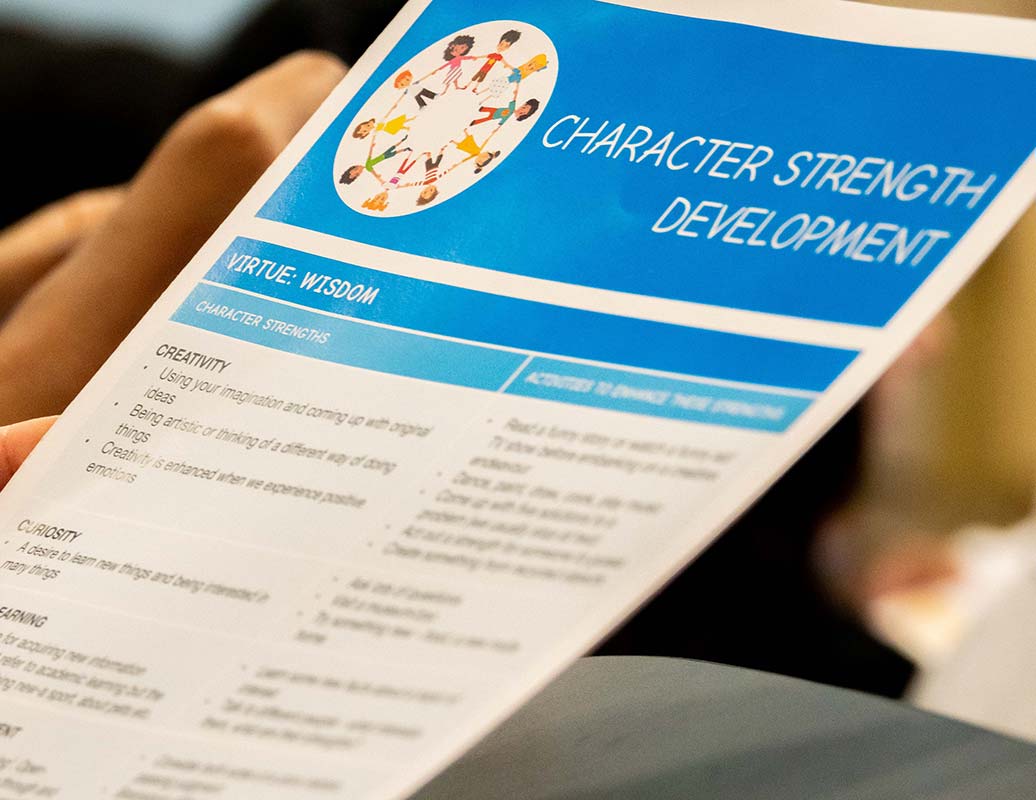
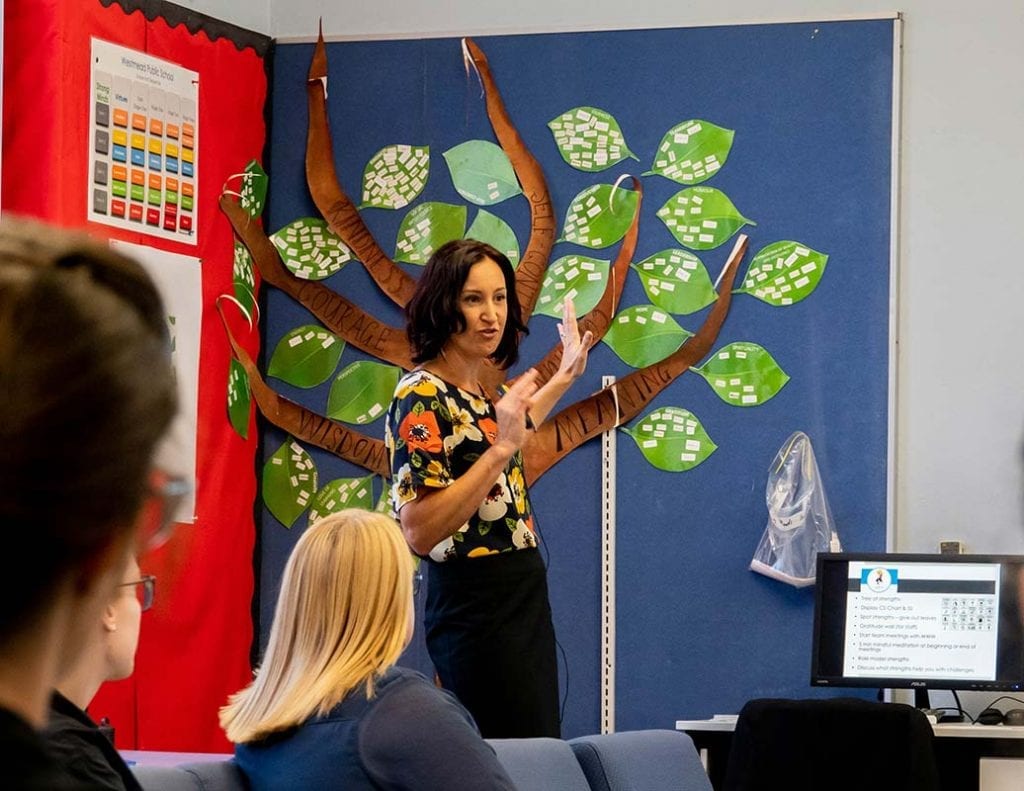
RESEARCH
- When we work with our strengths we:
- Perform better 1
- Have greater self-esteem and vitality 2.
- Increased subjective wellbeing 3. and
- Are more resilient 4.
- Those that know and use their strengths effectively are more likely to be successful and have better self-discipline. Self-discipline predicts academic success better than IQ 5.
- Character education is positively related to academic achievement 6. and learning confidence in primary school students 7
- Character strengths are linked to wellbeing and flourishing amongst children and youth 8.
- Character strengths enhance engagement 9. Research found that employees who utilised their strengths at work were six times more likely to be engaged in their work 10.
- Strength Based Parenting reduces stress levels in children and increases their ability to cope 11.
- Character strengths enhance flourishing – research found that those who were aware of their strengths were 9 times more likely to be flourishing than those that were not aware 12.
PRICE
The complete Strong Minds package consists of a one off fee of $4000.
Strong Minds Year 2
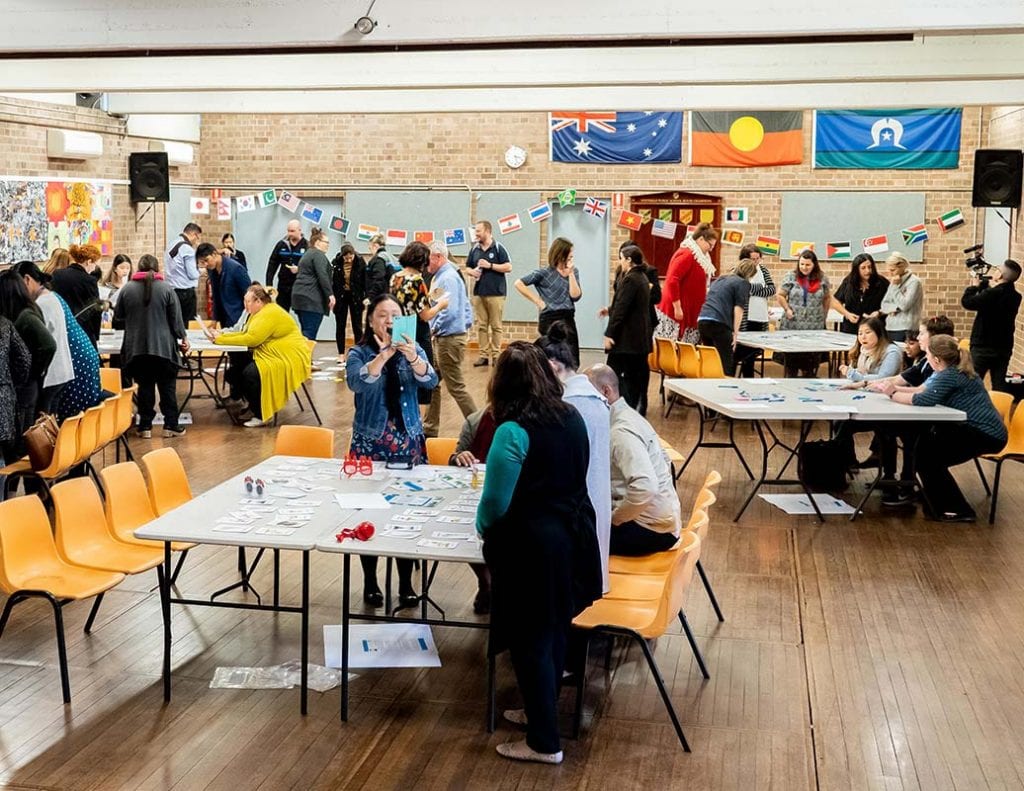
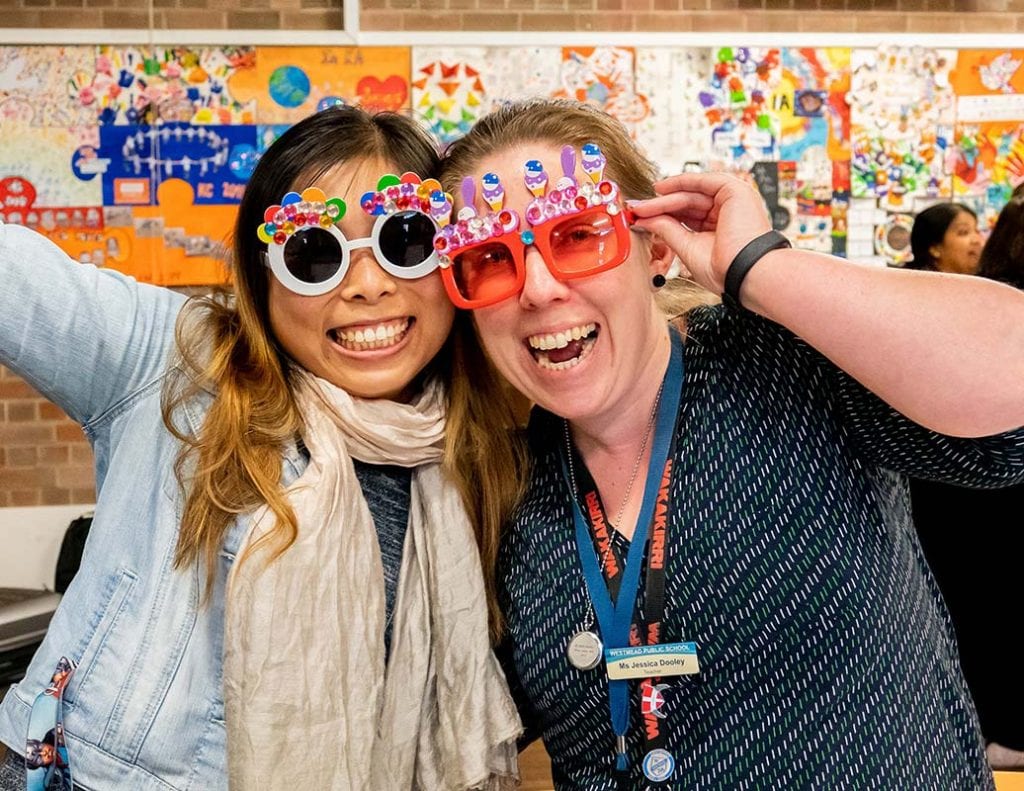
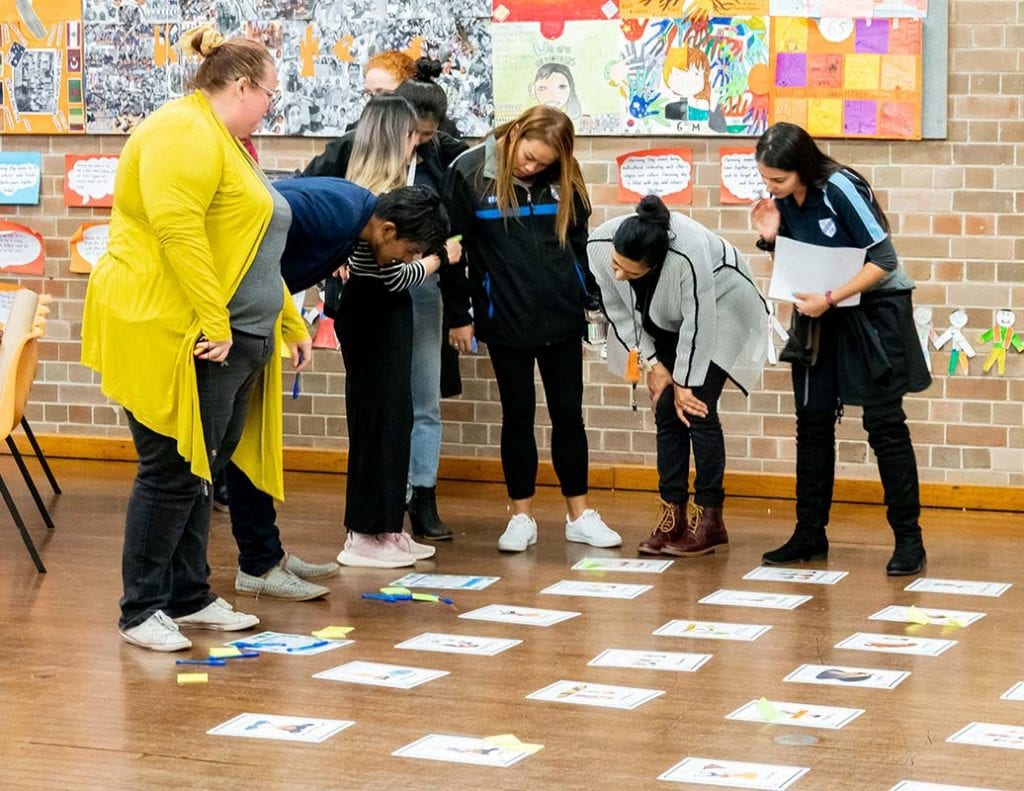
Strong Minds can be purchased as a stand alone package.
However there is also the option for Strong Minds schools to purchase further resources in the following year.
This includes:
- Exploring Character Strengths Further. This consists of:
- Individual and pair activities to enhance staff wellbeing
- Character strength stations – activities for your staffroom or classroom
- Exploration of Hope Theory and Self-Determination Theory
Growing Strong Minds Testimonials
Find out about how participants of the Growing Strong Minds workshop have enjoyed their experience.
